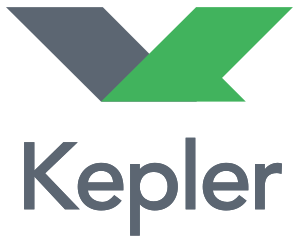18
Dec
2020

They work at Moshions, one of Rwanda’s leading fashion brands. They’re also all Kepler-SNHU graduates.

“My major takeaway is that Kepler prepared me for work,” says Calene Ingabire, an Office Assistant at Moshions. “Not only did it give me theoretical knowledge, but it also practically trained me for the workplace.”
We sat down with the team in late November to hear how their Kepler experiences prepared them for work after graduation. Belyse Bugingo, who leads customer relations, jumps in: “Kepler gave me the hard and soft skills to accomplish all the responsibilities I have here at work. I meet and speak with a lot of clients on a daily basis. The skills I learned – listening to people, understanding what they really want – that’s something I use from Kepler to work well.”

All three graduates hold SNHU Bachelor degrees in Communications with concentrations in business. They’re quick-witted, easy to talk to, and thoughtful. Whether naturally gifted or learned, the communications degree paid off. “Speaking from my heart,” says Business Manager Dany Rugamba, “Kepler gave us the critical skills needed in management. Are you able to grasp information and lessons that will help you assess what a business needs? This is different from traditional ‘by-the-book’ learning. Kepler challenges you to be open-minded, to really be versed in what you’re studying, and really be able to apply that to everyday operations.”
Kepler-SNHU graduates not only learn in-class, but also through on-the-job training, before they even graduate. Calene and Belyse both participated in work-study programs while at Kepler. “Consider the fact that I already had one year of experience on my CV — that’s not a small thing! My first employer saw the tasks I was able to complete, and that was a plus.”
Dany adds: “The Kepler model is practical. It’s something you can take with you wherever you go, and because it’s competency-based, you can assess your growth both at work and in other areas of life.”
This practicality is reflected in the grading system, where Kepler-SNHU graduates may receive a ‘not yet’ mark, meaning the assignment has room for improvement. Students have the opportunity to, in Dany’s words, “fine tune their notes” and resubmit the project. “This improves how we receive feedback,” explains Calene. “The feedback isn’t negative. You don’t say ‘I did terribly,” but rather ‘I have to find what can get me there.’ There’s more to learn. You’ve already done good work, but there’s still something left to be tackled.”
Dany describes the ‘not yet’ concept as a tool he can take outside of school and apply in work and daily life. “I see everyday as a challenge, because there’s always something you can do better. This is something I use to inspire the team to achieve and to always improve on what they’re doing.” Even after graduation, the team’s still learning.
And while Dany, Belyse, and Calene agree that working with Kepler students is easy (“you were trained together, so you feel each other in terms of communications and deadlines,” says Calene), the trio isn’t looking to be exclusive.

“Kepler is special. It’s an ‘I want to work with the best on the market’ environment. So you know that your team will be supportive, and the workspace will have energy.” And at Moshions, they really have found some of the best.
“I feel proud about being part of a brand that’s recognized and raises the flag of our nation,” smiles Belyse. “It helps us not forget our culture. Every item and every design that’s made here, it represents Rwanda.”
Reflecting on the future, she adds: “I want to grow professionally with Moshions, in an industry that is growing. As the company grows, I grow – new skills, new learning, new everything in this ever-changing world.”

